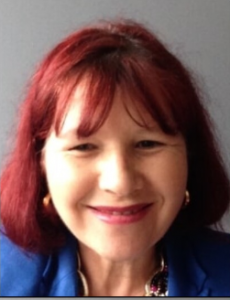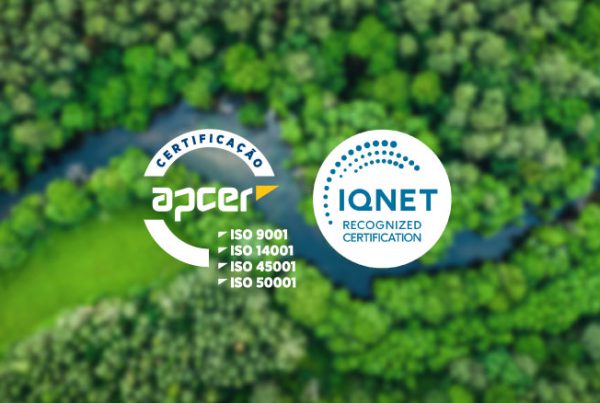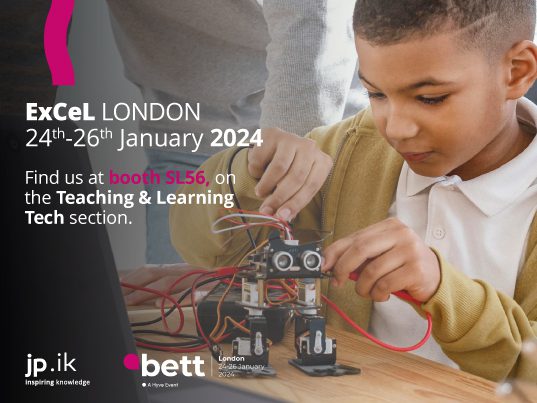We are living liquid times, and nothing is made to last. Social and technological transformations that we are living demand changes in different fields; and education is not out of the game. Digital technology became indissociable from contemporary societies and is present in almost every action of everyday life and, therefore, it should not be out of school. Although slowly, the school is letting digital technologies into the educational routines. Some changes and advances related to the use of emerging methodologies and the integration of digital technologies in the teaching and learning process are being observed. These methodological and technological approaches seek to make learning more enjoyable and more effective at acquiring knowledge.
Setting up new spaces and times to educate and learn is critical. If we want to expand education and take it beyond the natural space of the school, we need to find other places that generate communication and debate, because without conflict, there is no communication and without communication there is no education.
School must be understood as an expanded matrix, where students actively participate in knowledge building, regardless of place and time. Ubiquitous technologies are key to blur classroom boundaries and learning can happen anywhere and anytime. To do this, we need a cutting-edge school, supported by emerging technologies, capable of renewing itself and reinventing and enhancing the cyberculture into which students are plunged.
Emerging Methodologies for Innovating in Education
Researches in neuroscience has appealed to the key role of emotion and empathy in learning. When students feel emotion and empathy, they are more likely to learn. It is up to the school to captivate students, so they can enjoy learning now and throughout their lives. To do this, the teacher must be able to create memorable learning experiences that focus on developing the knowledge and skills needed to meet present and future challenges. There are methodologies, which although not new, today are capable of being applied to their fullest extent. These methodologies are changing educational environments and helping to improve student success. They should be part of any teacher’s menu when planning their educational practices.
Project-Based Learning
Although the concept of project learning emerged at the beginning of the last century, it now acquires a new version as digital technologies develop. Project-based learning (PBL) starts with developing projects that respond to real problems. It enables students to acquire knowledge and develop core competences while learning curriculum content. A good example is the Apps For Good project, through which students are challenged to create applications that solve community problems. In the two years we participated in this project, we witnessed that our students had the opportunity to develop complex skills, critical and creative thinking, interpersonal communication and problem solving in the most innovative ways.
Ubiquitous learning
Ubiquitous learning is often linked to mobile learning, as these technologies allow permanent access to learning environments in any context. Mobile devices (such as a smartphone or a tablet), which people carry anywhere, allow users to learn from anywhere and gain knowledge in any situation.
This is why ubiquitous learning and situated learning converge to promote true learning in real life situations and not just within the classroom. No matter where learning develops and collaborates with. In this sense, this approach is also linked to collaborative learning, as it is based on social interaction and a direct exchange between teacher and students to improve the educational process.
Gamification
This method, although practiced for a long time, in recent years has been acquiring relevance in the business and educational world, due to the evolution of digital games.
Gamification is the integration of mechanics and dynamics present in video games into non-recreational environments, such as the classroom. For instance, we applied the gamification methodology to a project we developed to study classical works of Portuguese literature, as is the case of ‘Os Lusíadas.
Conclusion
The debate about education in the digital age must continue. We live in a connected and global hyper world, so it makes sense to talk about a global digital education as well. With the development of mobile devices education begins to look at these technologies as powerful learning tools. Research has been generating knowledge about the use and integration of digital technologies in education, for a renewal of educational practices. However, there are still challenges to address, such as the poor quality of the Internet access network, the widespread use of devices and issues related to digital content production, teacher training, online security and protection, right to image and student distractions. Researches in neuroscience has appealed to the key role of emotion and empathy in learning. When students feel emotion and empathy, they are more likely to learn. It is up to the school to captivate students, so they can enjoy learning now and throughout their lives. To do this, the teacher must be able to create memorable learning experiences that focus on developing the knowledge and skills needed to meet present and future challenges. There are methodologies, which although not new, today are capable of being applied to their fullest extent. These methodologies are changing educational environments and helping to improve student success. They should be part of any teacher’s menu when planning their educational practices.

Adelina Moura has a degree in Portuguese and French Teaching, a Diploma in Superior Specialised Studies in School Administration, a Master in Pedagogical Supervision of Portuguese Teaching and a PhD in Educational Sciences in the field of Educational Technology.
She has been working on the research field regarding Mobile Learning with several publications in Portugal and abroad.
She is a teacher of elementary and secondary education, a tutor of distance education courses at Camões Institute of Cooperation and Language and a master trainer of continuous teacher training in specific fields (Portuguese and French) and educational technology.
She is an integrated researcher of the R&D group GILT (Games Interaction and Learning Technology), based at the Higher Institute of Engineering of Porto, and member of the LabTE (Laboratory of Educational Technologies) group of University of Coimbra. Adelina Moura also collaborates with the National Reading Plan team (PNL2027).



